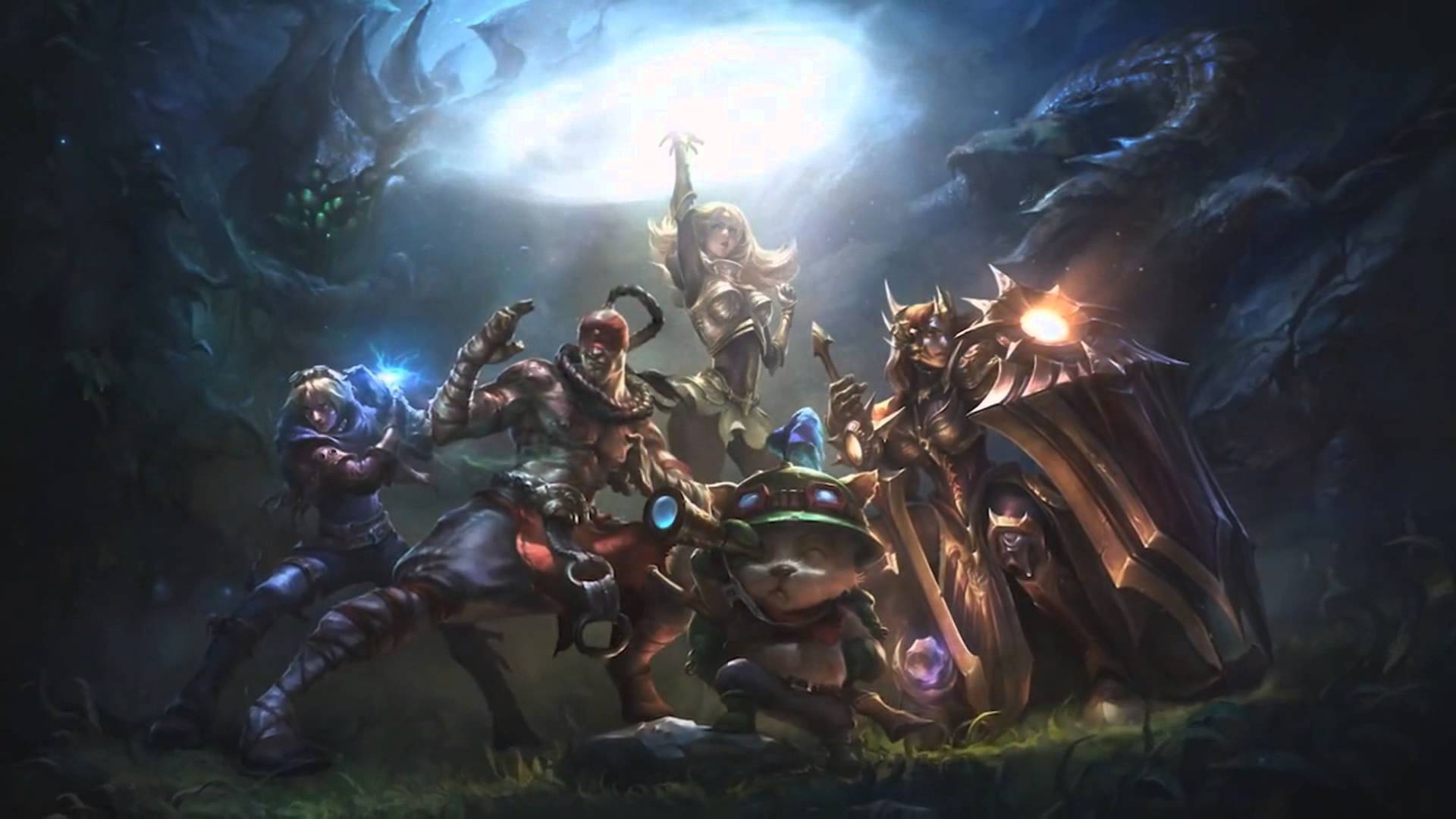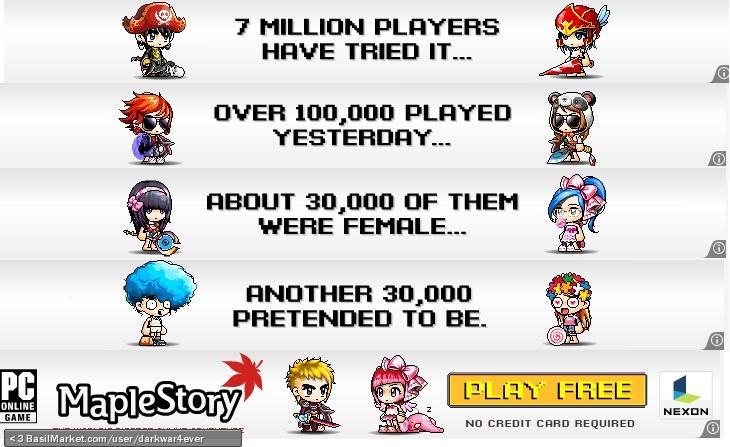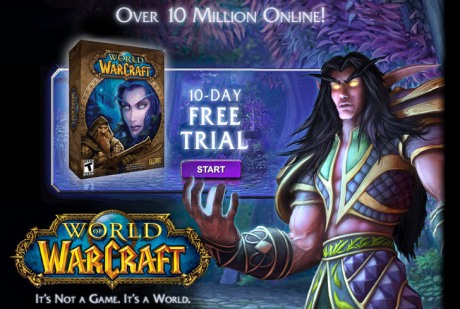Network Effects in Online Multiplayer Games
The reasons why one person might imitate the behavior of another can be divided into two fundamentally different reasons. Since the behavior of other people conveys information about what they know, observing this behavior and copying it can sometimes be a rational decision. The other reason is based on direction-benefit effects, also called network effects. For some kinds of decisions, you incur in an explicit benefit when you align your behavior with the behaviors of others. Usually a product with network effect present gets more valuable to a user as more people have the same product. Examples of this would be Skype and Facebook and many other social media products. The more people are using them, the more its important to a single user. However, network effects can most definitely also exist in games.
Starting from 2008, Massive multiplayer online role-playing games (MMORPGs) popularity sky rocketed after the launch of Maplestory, World of Warcraft (WoW), League of Legends (LoL), Runescape, etc. Since that, MMORPGs have become a lot more common. These games all have a greater focus on role part of the RPG genre. However, it needs people to make this a reality. Even though one can play ‘solo’ adventures or game modes that allow one to play without companions, many MMORPGs restrict the player in such ways that many activities simply can not be engage successfully without the cooperation of a group of players.
These MMORPGs all have intrinsic networks built into them. Just like we have learned in class, when there are network effects, a consumer’s willingness to pay is determined by two things: intrinsic interest and the number of people using the good, the larger the user population, the more the user is willing to pay. In our case, pay would be to “download and play” the game. More importantly, many games become “unplayable” when there isn’t anyone to compete against. In this games players enter queue to be matched up with another team of online players. Therefore, one of the direct benefits from having more players play the game is smaller queue waiting times since it will be easier to make matches with a bigger population. This makes the game more valuable as more people play them, because it provides greater reliability of being able to find a game. As new members join, the old member stays hooked in as variance of skill of the players become more ranged. In addition, games like these may increase in value as you notice more and more people playing, as it simply becomes more socially acceptable. It provides a sense of “fitting in” for someone who feels social anxiety, or doesn’t want to “stand out”. It can serve as a topic to talk and bond over giving people more similarities and bringing people together. These are just few of the reasons, but theses phenomenons build up a self-fulfilling upward push, so that once the game reaches the tipping point, this pressure will increase the fraction of the population playing the game to the higher stable equilibrium fraction. That is why many of these game companies like to advertise “how many players are playing this game” as a way to attract more players in as shown below. As someone who played many of these games, I thought it was very interesting to be able to apply network effect principles we learned in class to the different aspects of these games. More importantly, it made it easier to understand and visualize the concepts since I have played the game. Because of these network benefits, connections and how information spreads, these MMORPGs will be sure to become more popular in the future as technology become even more advanced.
To access the online source click here.



